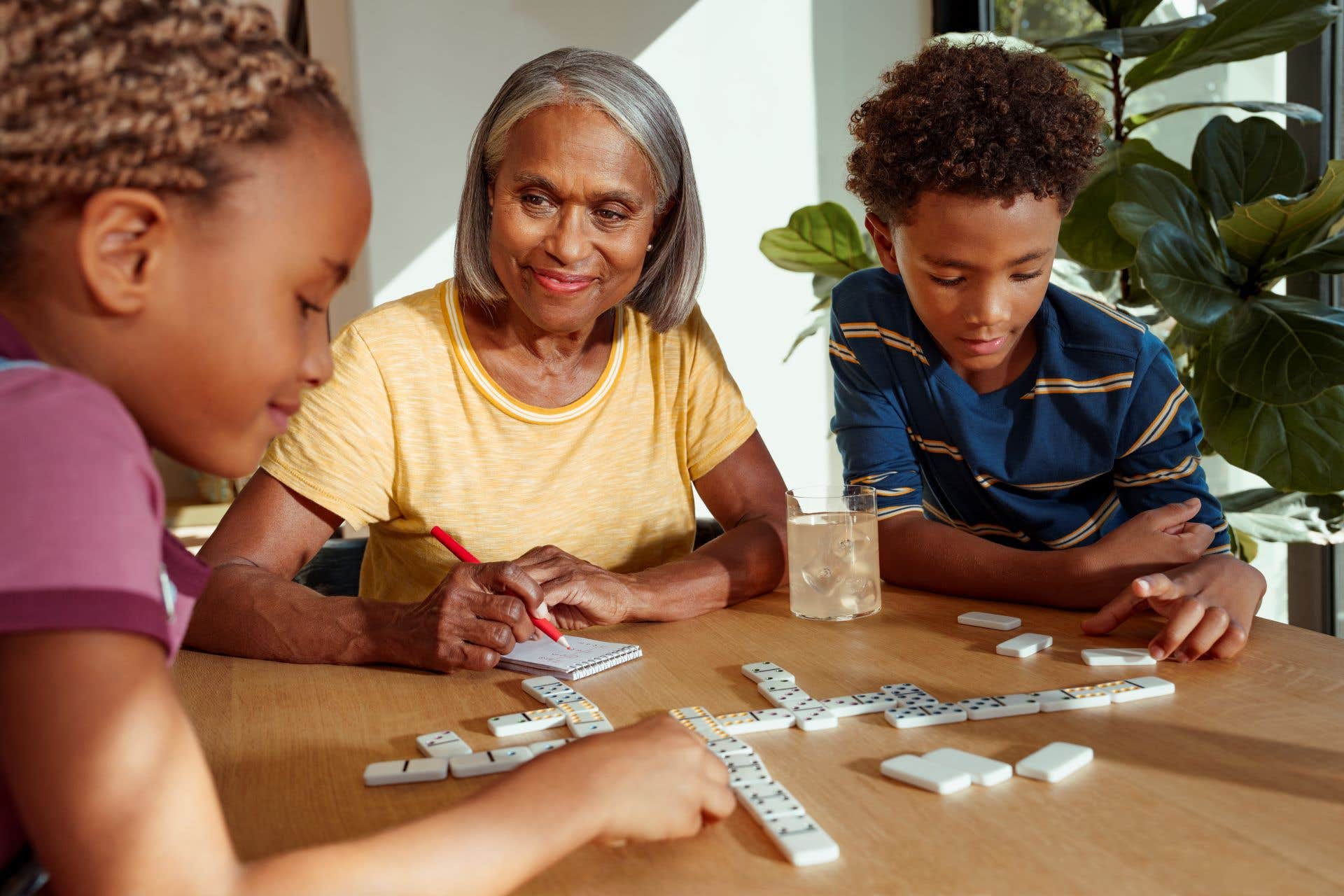Living with Myasthenia Gravis (MG)

Life with MG looks different for everyone. Even for an individual person, symptoms may change on a day-to-day basis. It can be both mentally and emotionally challenging when symptoms impact your everyday routines, or prevent you from performing daily tasks, such as personal hygiene and chewing foods, that others take for granted.
"On good days, I eat what I feel like eating. On the worse days I eat softer food in the morning so that my symptoms hopefully don't get worse during the day.”
MG Patient, Germany
After receiving an MG diagnosis, there is often a lot of new information to take in; figuring out how to adapt your way of life to manage the condition can feel overwhelming. No matter what your experience with MG is like, remember there are ways to navigate living with the condition to make the most of life.
Most importantly, living with MG is not something you have to go through alone. Seeking support from your care team, friends and family, or patient groups can be a helpful first step.
Mental Health
It can be difficult to adjust to the impact your MG symptoms have on both daily life and future circumstances – it is natural to feel frustrated or isolated. For many people living with MG, the unpredictable fluctuations can lead to feelings of stress and anxiety; in fact, research shows that mental health conditions are common among those with MG.
While taking care of your physical symptoms, it is equally as important to talk to your care team and caregiver to ask for help if you feel anxious or depressed. Know you are not dealing with these feelings alone, and communicating openly about your experience can help people assist in finding ways to support your mental health. This may look like more detailed information, patient support groups, or online communities for both you and your caregiver.
Counselling, cognitive behavioural therapy (CBT), and other talking therapies can also offer the opportunity for you to explore your feelings without fear or judgement, in the presence of a professional. Many people living with MG find that by talking to their care team and getting the right support, they can manage the hurdles of their condition as well as any emotions that may trigger their symptoms.
"I explain as much as I can about the disease, and invite my family and friends to talk about it."
MG Patient, France
If you struggle with impaired verbal and non-verbal communication as a result of MG, you might find incorporating physical therapy, managing stress through meditation or acupuncture, and spending time with friends and family can also benefit your mental health.567
Physical Health
In addition to consulting your care team on which treatment options may be best for you, there are also many different ways you can care for your physical health and wellbeing when living with MG.
Physical activity
As tiredness and exhaustion can trigger a flare up of MG symptoms, it helps to get plenty of rest and try not to push yourself too far.8 However, it is still important to keep up your physical activity and stay active within your means. Exercise is both safe and helpful for people living with MG as it can boost your mood, build strength, and improve balance.9
It is a good idea to discuss with your care team, or a physiotherapist in consultation with your care team, which form of exercise may be best suited to your MG symptoms, age and/or ability level – even if only to validate the approach to exercise you would like to take.
"I have looked for other hobbies or use aids (e-bike) and try to experience as many good things for myself as possible."
MG Patient, Germany
Maintaining a healthy diet
Eating a well-balanced diet is one step we can all take towards looking after ourselves and maintaining good health. Your care team or a nutritionist can help you understand what a healthy diet looks like for your individual needs.
Sometimes, MG can also affect the muscles involved in eating and drinking which may make it hard to chew and swallow.10 If you’re struggling with this, your care team might be able to suggest ways to make eating easier, such as cutting food into small pieces, avoiding hard crumbly foods or eating in certain positions. Patient organisations, like myaware, also provide useful resources, such as soft food recipes.11
"I eat very soft food where I can, and I also take smaller portions into my mouth so as to avoid choking."
MG Patient, UK

Some people with neuromuscular diseases find alternative methods to help general wellbeing or symptom management. For example, this might include respiratory therapy or speech therapy.121314 Your care team can help you determine options to help supplement your treatment in ways that make sense for you.

Remember to set aside time for yourself to do things you enjoy. It’s easy to get caught up in what you feel you should be doing to manage MG. Dedicating time to a favourite hobby — or exploring a new one — can help ease stress.
"Finding new things that I enjoy and doing the things that I enjoy more often and savouring the little things and moments."
MG Patient, Germany